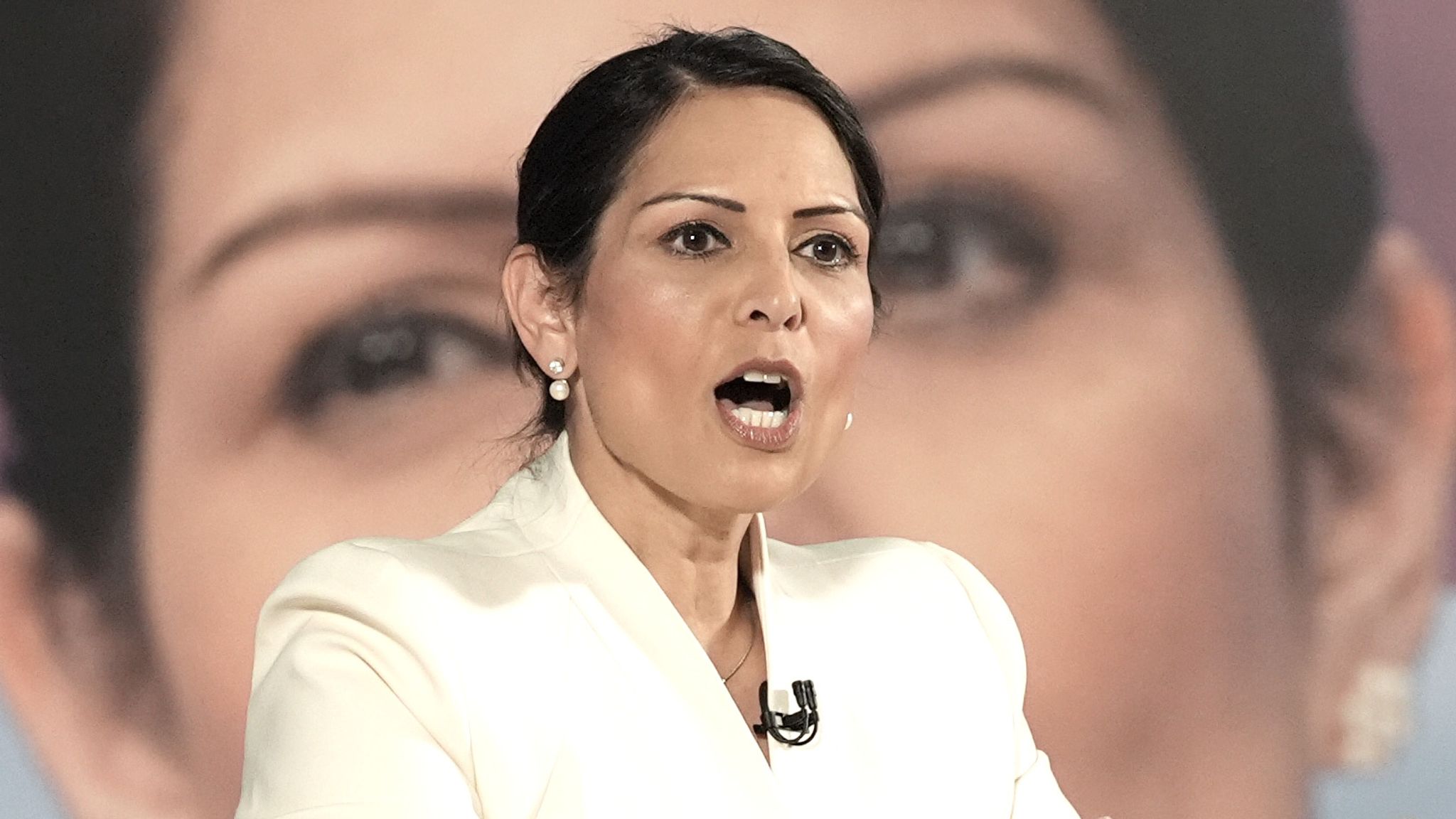
Kemi Badenoch Assembles a Diverse Shadow Cabinet to Unite the Conservative Party
In a significant move for the Conservative Party, Kemi Badenoch, the newly elected leader, has officially appointed Robert Jenrick as the shadow justice secretary. This decision comes amidst a reshuffle of key positions within her shadow cabinet, which aims to unify the party after a challenging election cycle. Alongside Jenrick, Mel Stride has been appointed as the shadow chancellor, and Dame Priti Patel takes on the role of shadow foreign secretary. This strategic selection reflects Badenoch's intention to bring together a variety of voices from different factions within the party, fostering a sense of unity in the face of recent setbacks.
Badenoch’s leadership has already proven to be a departure from the previous administration, characterized by a more confrontational and dynamic style. During the leadership contest, tensions flared between candidates, particularly between Badenoch and Jenrick. Both had openly exchanged barbs, with Jenrick accusing Badenoch of lacking clarity in her policy proposals. Yet, following her election, they have shown a willingness to move past their differences, as Badenoch publicly commended Jenrick for his “energy and determination.” This recognition hints at her desire to bridge divides and create a cohesive team, even if personal feelings linger.
Also Read:- Hollywood's Most Notorious Murder Cases: The Menendez Brothers and O.J. Simpson
- What to Expect on Election Day 2024: Key Timelines and Swing States
The appointments of Stride and Patel are particularly telling. Stride, known for his more moderate stance, contrasts sharply with Badenoch’s right-leaning views, which could signal her openness to a broader range of opinions within her team. Meanwhile, Patel’s return to a prominent position is likely intended to appease the party's right wing, reinforcing her commitment to conservative principles and policies. The dynamic within the shadow cabinet suggests a balancing act, as Badenoch seeks to consolidate her power while ensuring she has the backing of influential figures across the party spectrum.
Badenoch’s approach is not without its challenges. As she assumes the leadership role, she must navigate internal party dynamics and public expectations. With the Labour government currently holding significant power, the Conservative Party’s strategy will need to be both aggressive and nuanced. Some party members are already speculating about the longevity of Badenoch's leadership, pondering if her bold tactics will pay off or lead to further division. Nonetheless, her commitment to a high-energy and high-risk strategy reflects a clear departure from the previous leadership’s more cautious approach.
The immediate focus for Badenoch and her team will be to prepare for their first meeting as a shadow cabinet, which will be pivotal in setting the tone for their agenda moving forward. The challenges ahead are formidable, but the mix of seasoned politicians and fresh faces in her cabinet may provide the versatility needed to regain public trust and address pressing national issues. As the Conservatives look to rebuild and redefine their identity, the effectiveness of Badenoch’s leadership will ultimately depend on her ability to unify her party and effectively challenge the government on key policy matters.
In summary, Kemi Badenoch’s appointment of Robert Jenrick, Mel Stride, and Dame Priti Patel to her shadow cabinet marks a significant shift within the Conservative Party. By choosing individuals from various factions, she aims to foster unity and resilience as they navigate the political landscape. The coming weeks will reveal whether her strategy of inclusivity and boldness can effectively reposition the Conservatives as a formidable opposition force. As we move forward, all eyes will be on Badenoch and her newly assembled team to see if they can rise to the occasion and reshape the party’s future.
Read More:

0 Comments